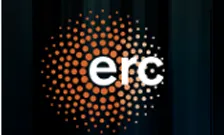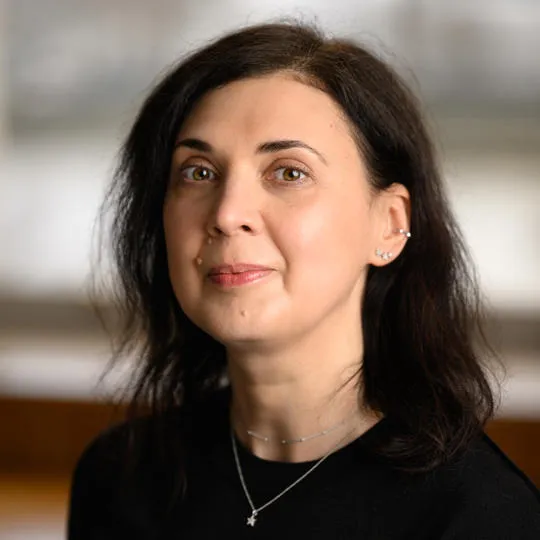Security Flows
Aims
Enacting border security in the digital age: political worlds of data forms, flows and frictions’ (SECURITY FLOWS) is a five-year Consolidator Grant funded by the European Research Council. The project proposes to analyse how datafication, the process of transforming our everyday lives into quantifiable digital data, is also transforming borders today. The project develops a novel interdisciplinary framework to understand how data is generated, exchanged and contested in border encounters, and to investigate the complex epistemic, practical, political and ethical implications of these transformations.
Methods
Tracing the production of data forms, flows and frictions, Security Flows will shed light on how data forms make things intelligible or unintelligible, and how digital data flows and frictions redistribute knowledge and ignorance among border security actors, NGOs and irregular migrants.
The project will also devise a multi-modal methodology for 'following the data' along migration routes. Politically, the project investigates how data reconfigures the worlds of actors involved in the governance of border security by enacting new power relations between these actors and reshaping decision-making. Finally, it will inquire into how data protection and the rights of both citizens and non-citizens are transformed by datafication.


